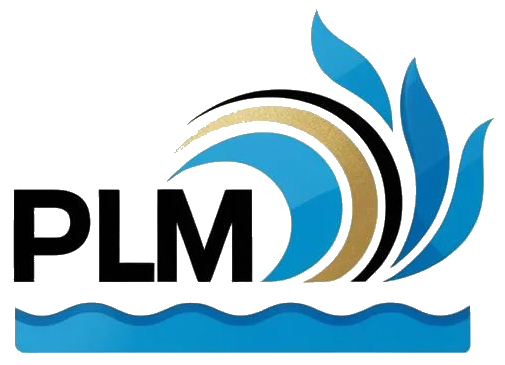Swimming pools are a great addition to any home, offering a refreshing escape from the summer heat and a place to exercise and relax. However, it’s essential to keep your swimming pool clean and disinfected to prevent the spread of harmful bacteria and keep swimmers safe. Whether you have a freshwater or saltwater swimming pool, here are some tips on adequately disinfecting your pool.
Maintain Proper pH and Chlorine Levels.
The first step to disinfecting your swimming pool is to regularly test the pH and chlorine levels. The pH level should be between 7.2 and 7.8, while the chlorine level should be between 1 and 3 parts per million (ppm). Testing the water regularly ensures that you can maintain and adjust these levels if necessary.
If the pH is too high, it can cause eye irritation and reduce the effectiveness of chlorine. On the other hand, if the pH is too low, it can damage the pool’s surface and equipment. Similarly, if the chlorine level is too low, it can lead to bacteria and algae growth. At the same time, if it’s too high, it can cause skin and eye irritation.
Use a Pool Sanitizer
A pool sanitizer is a chemical added to the water to kill bacteria and other microorganisms. Chlorine and bromine are the most common pool sanitizers used in swimming pools.
Chlorine is a powerful disinfectant that can kill bacteria, viruses, and other harmful organisms in the water. It’s available in granular, tablet, and liquid form and should be added to the pool regularly. The amount of chlorine needed depends on the size of the pool, the amount of sunlight it receives, and the number of swimmers.
Bromine is another effective pool sanitizer that is less harsh than chlorine. It’s more stable than chlorine and works better in warmer water. Bromine is available in tablet and granular form and should be added to the pool regularly.
Shock the Pool
Shock treatment involves adding a hefty dose of chlorine to the water to kill bacteria and other microorganisms. This should be done at least once a week for both freshwater and saltwater swimming pools.
Shocking the pool is especially important after heavy rains, when the water is cloudy, or when many swimmers have used the pool. Shocking the pool can help remove bacteria, algae, and other contaminants from the water and restore proper chlorine levels.
Clean the Pool Regularly
Keeping the pool clean is also essential for proper disinfection. Use a pool skimmer to remove leaves, debris, and other contaminants from the water. Vacuum the bottom of the pool regularly to remove dirt and other particles.
Brush the sides of the pool to remove algae and other buildups. Use a pool cleaner to remove dirt and debris from the pool floor and walls. Regular cleaning helps keep the water clean and extends the pool’s equipment and surface life.
Hire a Professional
Maintaining a swimming pool can be time-consuming and challenging, especially if you must familiarize yourself with the proper techniques and chemicals to keep it clean and disinfected. If you’re uncomfortable with maintaining your swimming pool or need more time, consider hiring a professional pool service.
To learn more aboutProfitable Landscape Marketing’s services or to schedule a consultation, visit their website or call 248-525-1700 today. Their team would happily answer any questions and help you create the outdoor space of your dreams in Oakland County, Michigan.
OAKLAND COUNTY’S PREMIER CHOICE FOR LUXURY CUSTOM POOLS & SPAS

